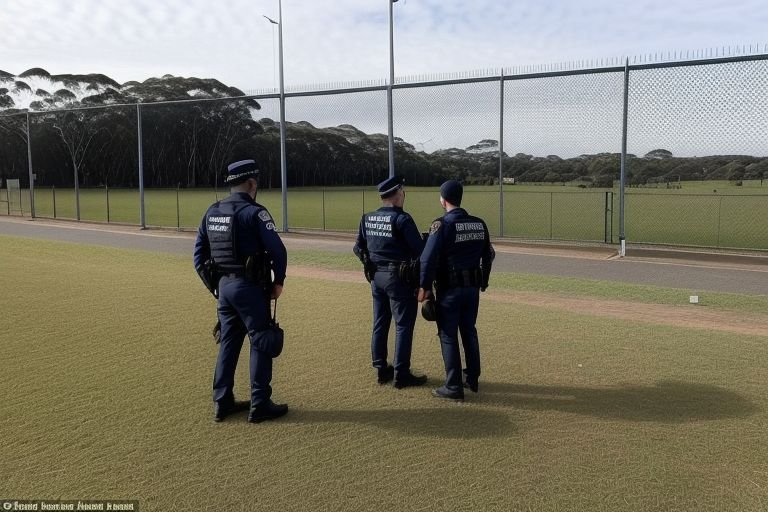For a recent occurrence, a practising Border Force officer allegedly said to refugees from Bangladesh: ‘Can’t let you in,’ which is an indication political and other complicities and complexities of immigration and asylum policies.
This exchange relfects the larger problem and some of the contentious debates which are asociated with refugees and their attempts to seek asylum and entry into different coutries, as well as policies and practices that regulate budners and borders.
The situation can be applied to the problem of refugees, who face numerous obstacles when trying to gain asylum or entry to another country. As for the line “Can’t let you in,” the meaning is quite literal and comprises a denial of admittance which may be caused by various reasons, such as, immigration regulation, legal complexities or, bureaucratic formalities.
For refugees who have been forced to run away from conflicts, persecution, and poor econoimies such denials amounts to woes to avoid.
The nature of the refusal plays a huge role in determining the meaning of this event. If the refugees from Bangladesh were denied entry because of administrative or procedural mechanisms, then it is very vivid that there are difficulties about the immigration services.
Most countries have policies governing the entry and the asylum process that are used to regulate and control refugees’ access to the country and claim asylum which sometimes can lead to rejection or delay even for genuine asylum seekers.
If the denial stemmed from situations whereby the lion’s share of the application falls short due to less stringent requirements or slightly different eligibility standards from the rest of the applicants, then perhaps it is because there are more competing policy or political grounds.
Therefore, the case of refugees and asylum seekers is a widely sensitive one across the world since the treatment differs from one country to another depending on the political systems within the country in question. Refusing people asylum can turn into lifetime tragedy and has the potential to influence the legislation and the general public’s perception of people seeking asylum.
This incident also pose questions on the responsibilities and conduct of the border control officers. Because encountering officials involves such restricted interactions, how officials carry or present themselves and what they say can affect the experience of asylees, and how such situations are managed can shape people’s perception of the immigration laws in the country.
This is where special attention should be paid to claims that border guards are adequately prepared to address and handle such cases with sensitivity and respect for people’s rights, as well as legal requirements that must be observed to avoid compromising refugee rights.
As it was ascertained from the refugees’ experiences, rejection at the borders can be a death sentence. It may mean returning to the same conditions that put their lives in danger or to precarious situations which will make it difficult for them to get protection. Existing activist/non-governmental organizations constantly fight for refugees’ rights and appeal against unfair rejections emphasizing on the necessity to create more efficient and friendly procedures for asylum seekers.
One of the most important aspects one should consider when it comes to this case is that it is highly relevant to debates regarding immigration and refugees. They stress the importance of addressing asylum seekers’ rights and also the ways of providing cooperation for the states participating in the procedure, while having different perspective on the securitisation of Borders.
With more and more nations being confronted by a United Nations estimate of 80 million refugees and migrants, the search for an appropriate measure of security against terrorism and other evils, on one hand, and responsibility to protect human beings on the other, continues to rank as one of the major tasks.
Therefore, the account of the refusal of entry to refugees from Bangladesh by a Border Force officer shows that Immigration systems and border control practices are not free from challenges.
The case illustrates difficulties and people’s consequences of the asylum procedures, stressing that refugees should not be treated unkindly. It also emphasizes other problematic aspects that can be observed in the case of countries with immigrants and refugees.




















+ There are no comments
Add yours